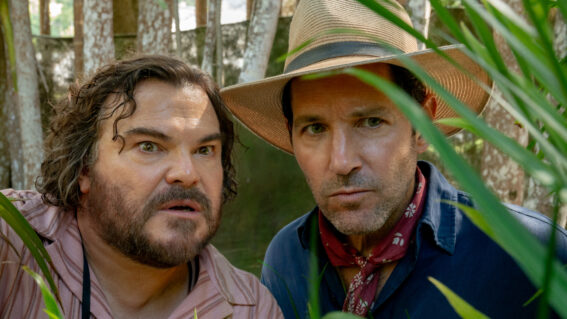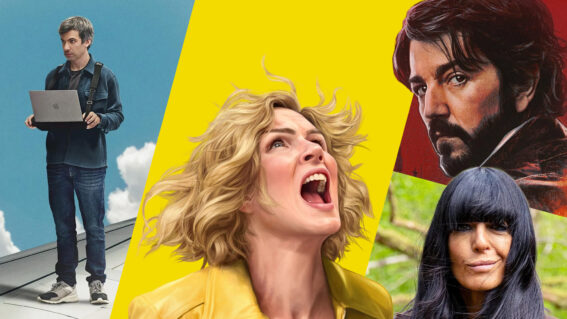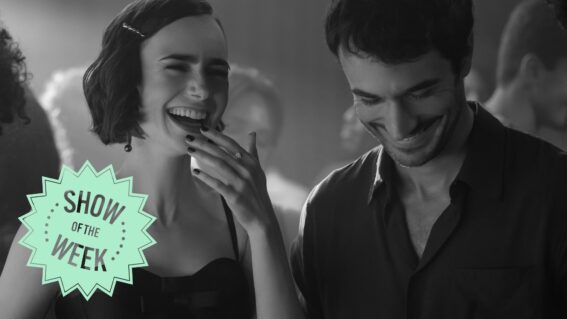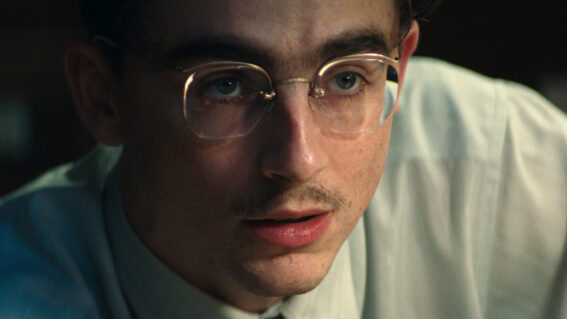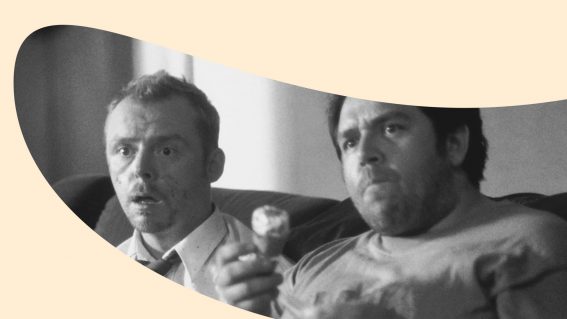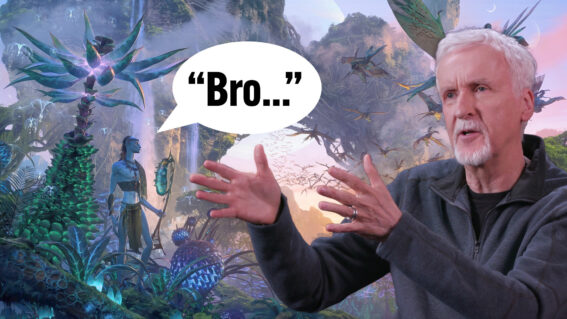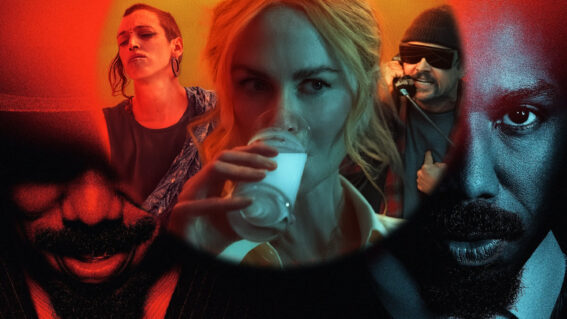Clarkson’s Farm’s new season sees its namesake try to prove himself – and fail abysmally
Season four is well worth another visit – you might even get to stay for a pint.
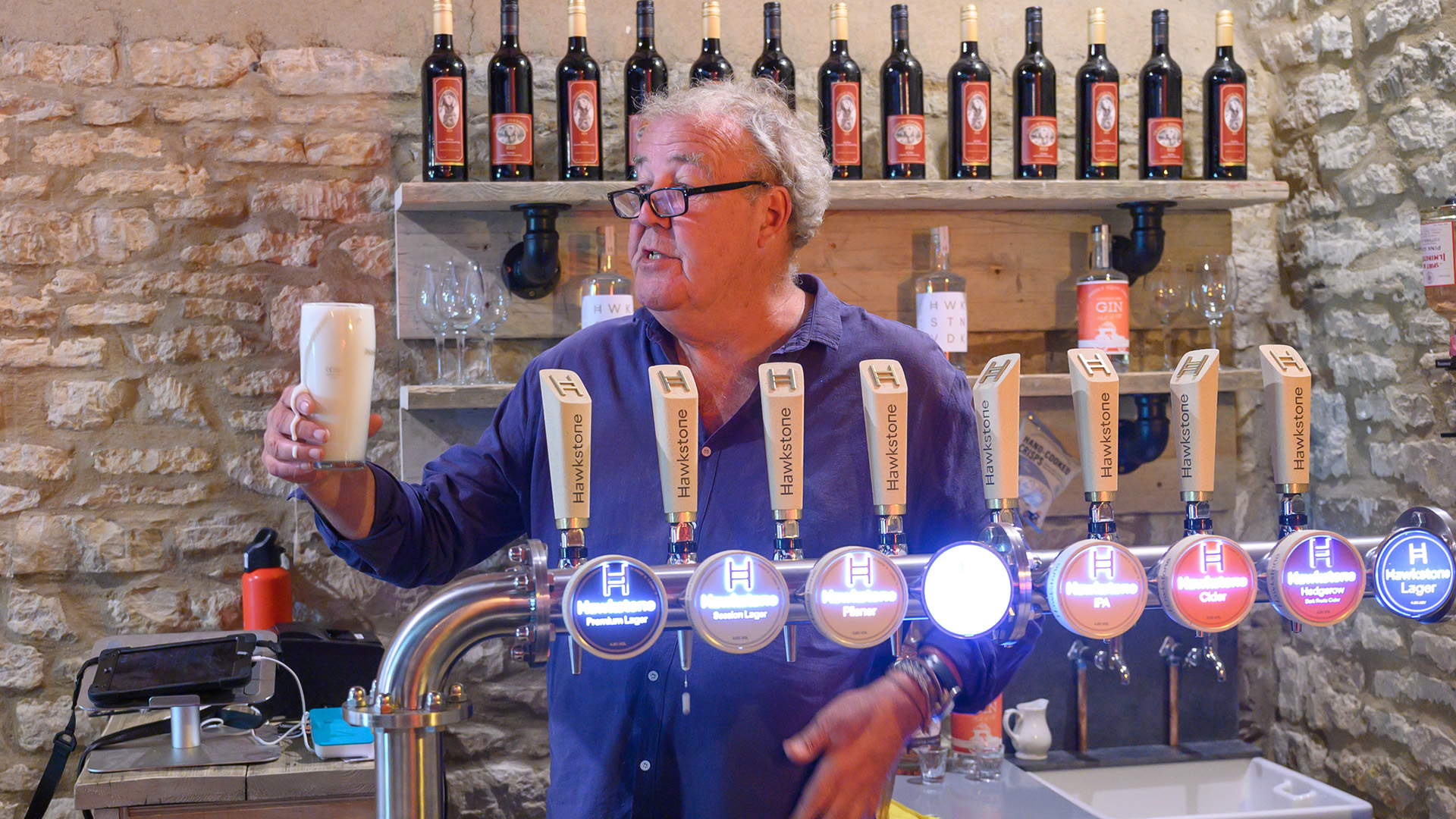
Jeremy Clarkson is back for a new, fourth season of Clarkson’s Farm, streaming on Prime Video. It’s well worth another visit, writes David Michael Brown – you might even get to stay for a pint.
Since ditching his rev head persona and changing gear for a complete career sea change, Jeremy Clarkson is more likely to be seen driving a tractor than the latest in luxury automobiles. Even if that tractor is a Lamborghini. Now entering its fourth season, Clarkson’s Farm plays like an arable Top Gear with livestock, the ever-affable but always spikey host still holding court, but this time at his farm affectionately known as Diddly Squat. And no matter how hard he tries to prove otherwise, on the farm, he is not the boss.

Where season one of the agricultural reality show saw former The Grand Tour presenter getting to grips with rural life, the following seasons showed his often-exasperated efforts to make the farm a going concern. At first, though, at the end of a tough year, the farm earns a paltry profit of £144 from its crops and Clarkson realises they need to expand their horizons as a business.
Season two saw Clarkson and his team trying different cash-earning avenues, including growing mushrooms and a new herd of cows. Then he opened a restaurant in the abandoned lambing barn that promised a farm-to-table dining experience with produce sourced from Diddly Squat and the neighbouring farms. That was, once he had got over the idea that he was breeding animals for slaughter. Something he is still coming to terms with.
“I realise, of course, that it would be very Jeremy-ish to say that I enjoy taking my farm animals to the abattoir,” he wrote in an article for The Sunday Times. “But like many farmers, I don’t. I absolutely hate it.” Before adding that it was “bad enough with the sheep and worse with the cows.”
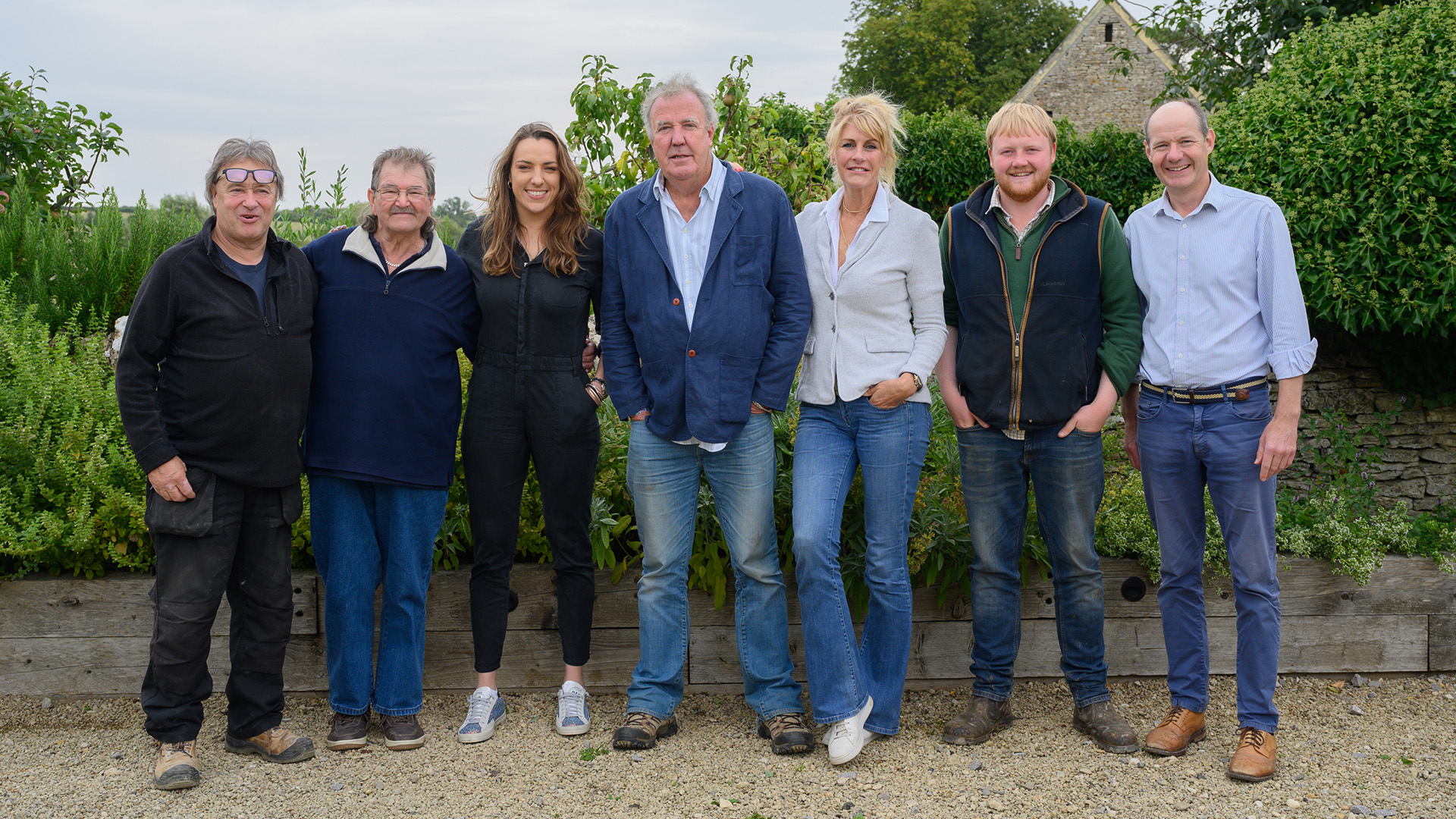
The third season saw the restaurant closed down by the council while their farm shop continued to flourish. Much to the annoyance of their neighbours and the local authorities, all of whom did not want to contend with the crowds attracted by Clarkson’s stardom. All the while, also contending with the driest summer in 87 years.
In season four, they do not have that problem as the heavens open and torrential rain makes their lives hell. In 2024, the non-stop rain ensured that the ground was too wet to farm. In 188 years of records, they are dealing with the wettest February ever. Sodden ground, rotting crops and grey skies are becoming the new normal for the hapless farmer.
Not only that, but the new season kicks off with farm manager Kaleb touring the UK trying to be “Lenny Henry” or “Julian Clary”, with a one-man show called The World According to Kaleb: On Tour. While audiences are singing along to “I’ve got a brand-new combine harvester”, Clarkson is left in the lurch and has to prove himself by going solo.
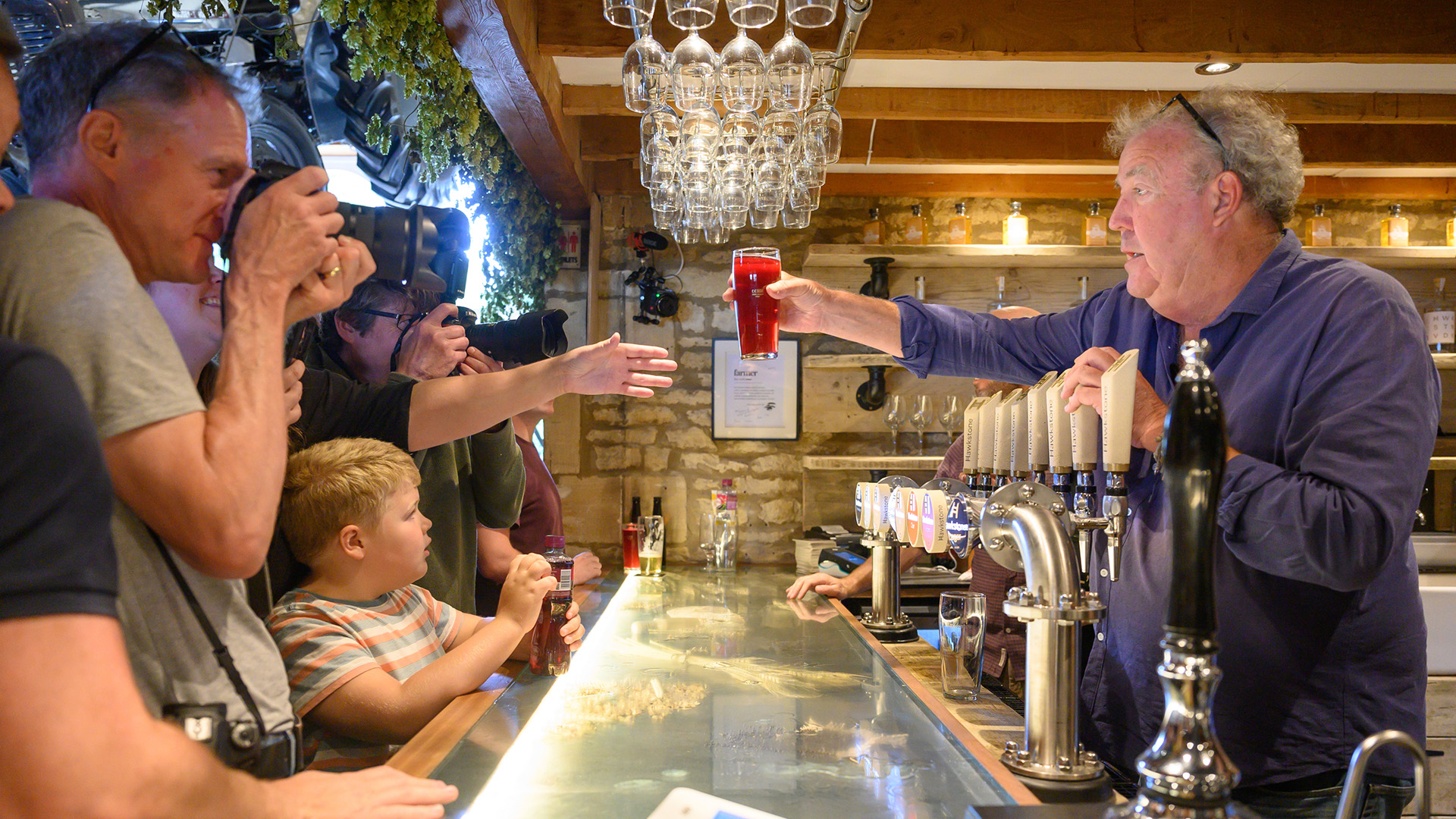
Spoiler alert! He fails abysmally. Clarkson remains a fascinating character to watch. Especially when he flounders and fails but never admits defeat. He remains a belligerent figure from a bygone era; a jingoistic, arrogant, often flippant smartass, but he continues to grow as a human being. Albeit slowly.
His hard toil comes to nothing when the crops fail. “That’s a slow-motion accident, and it’s extremely disheartening when you’ve worked your socks off and nothing grows. Nothing. Not one single thing grew out of the soil,” he told local website The Gazette.
Having trouble with the “Lambo” and everything else on the farm, he calls in help in the delightful form of farm hand Harriet, a Tik Tok friendly young farmer who, to paraphrase Clarkson, works like a Trojan and gives the curmudgeon a lesson in new farming. In particular, the trials and tribulations of younger farmers who are having to deal with the horrendous weather conditions, the perils of diversification, the aftereffects of COVID and the inherently solitary nature of their business.
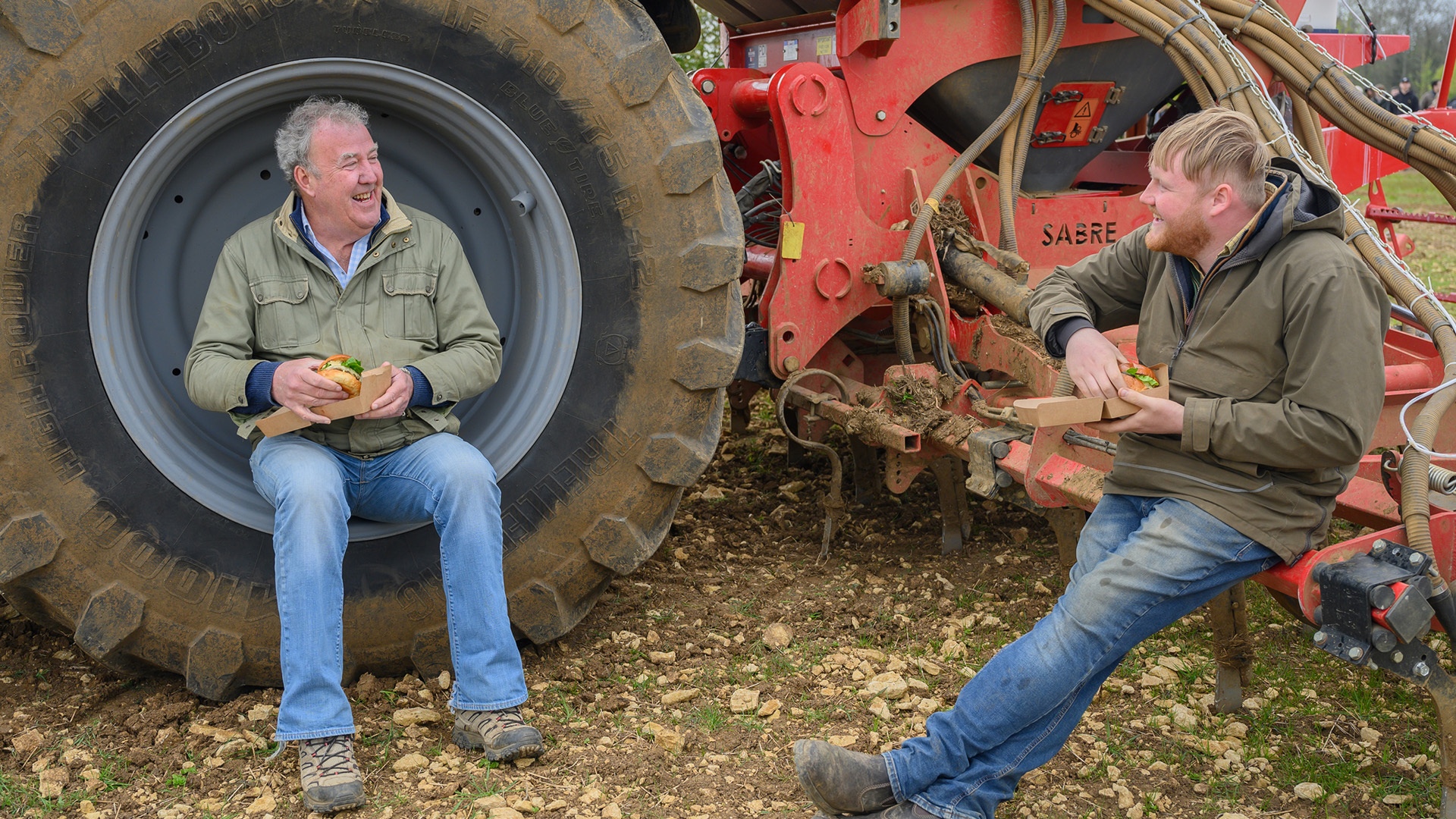
The pair has one conversation that is genuinely affecting. Clarkson asks Harriet why she feels the need to post footage of herself driving a tractor, complete with bangin’ pop soundtrack. The answer surprises him as they discuss mental health, loneliness and the importance of human connection, in particular, how the maligned social media can help connect lonely farmhands.
And then there are the pigs, well one pig in particular. The brilliantly nicknamed but problematic Harvey Swinestein. The brutish boar whose only job it is to increase the porcine population of Diddly Squat proves to be a handful for the sows and farmers alike with his bullying behaviour towards both.
Kaleb’s return from life on the road sees Harriet’s departure and also enables Clarkson to concentrate on generating more revenue streams. His new cash-generating idea is to buy a pub in the Cotswolds. His thinking: the venue will be a one-stop shop. His punters can buy a drink, eat a meal and then buy a slab of meat at the on-site butchers. Wary of the crowds that his new endeavour could generate, “I don’t want to piss off another village, I’ve done that,” he knows whatever he does, will cause him a headache with the authorities.
And that shows you how Clarkson has changed. Even mellowed in old age. The brash presenter who was fired from Top Gear for punching a producer delighted in tipping the apple cart and antagonising viewers. Now, with a new livelihood and responsibilities, not only to Tik Tok Harriet, Kaleb the showman and Harvey Swinestein but to the local community, he is a changed but flippant and occasionally aggravating man, ensuring that Clarkson’s Farm is well worth another visit. You might even get to stay for a pint.







